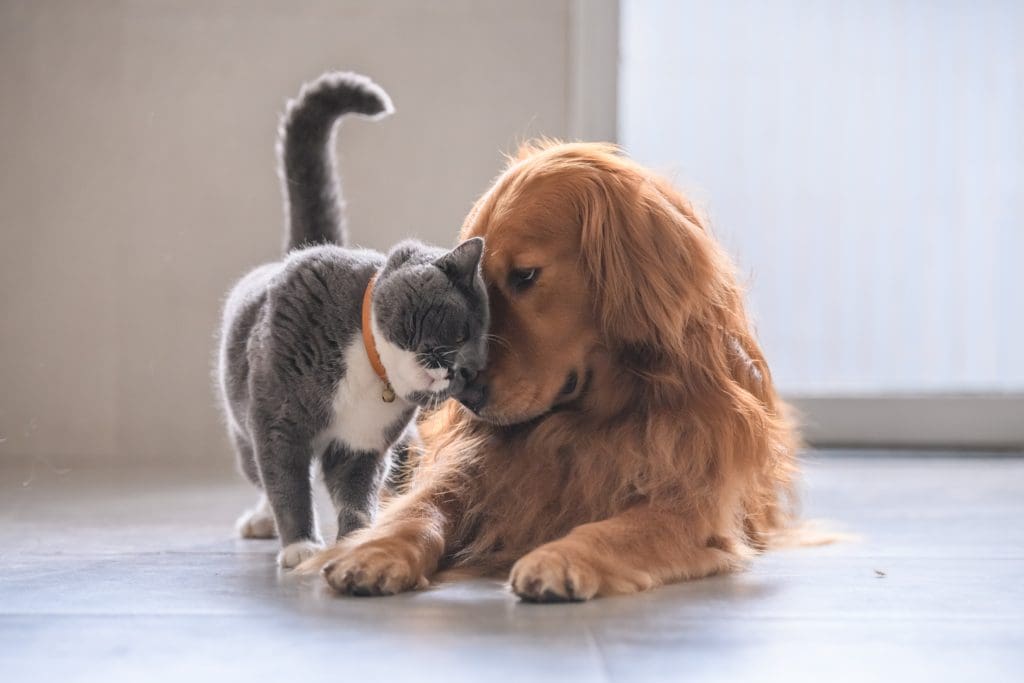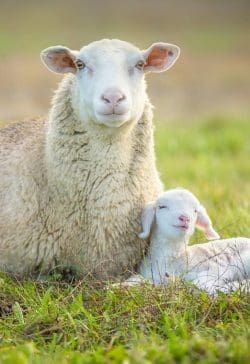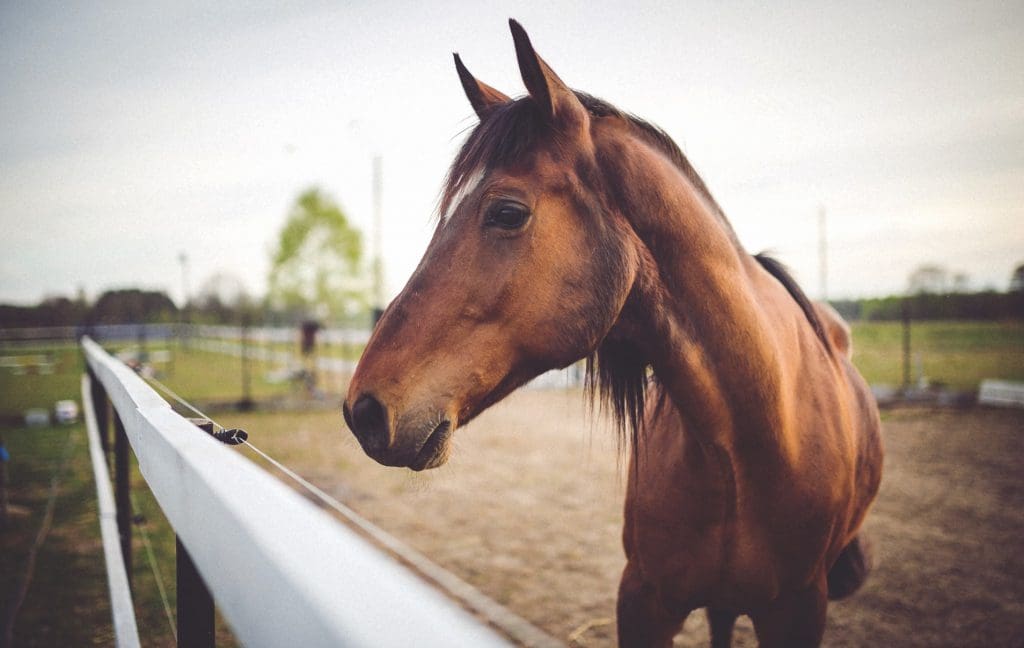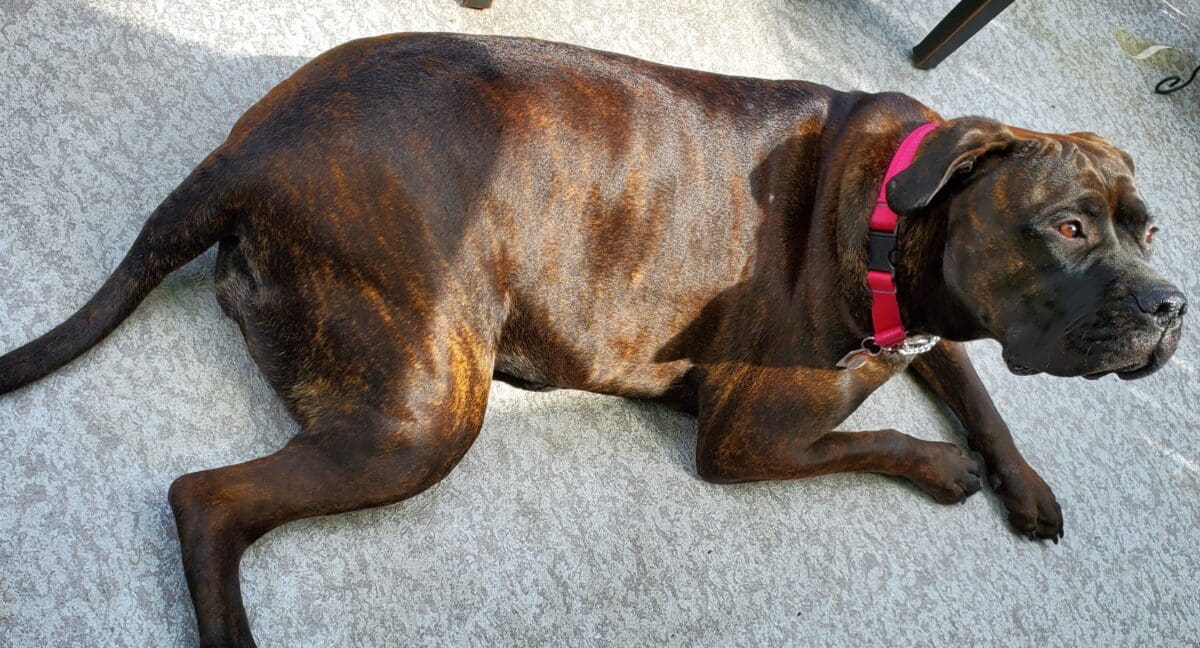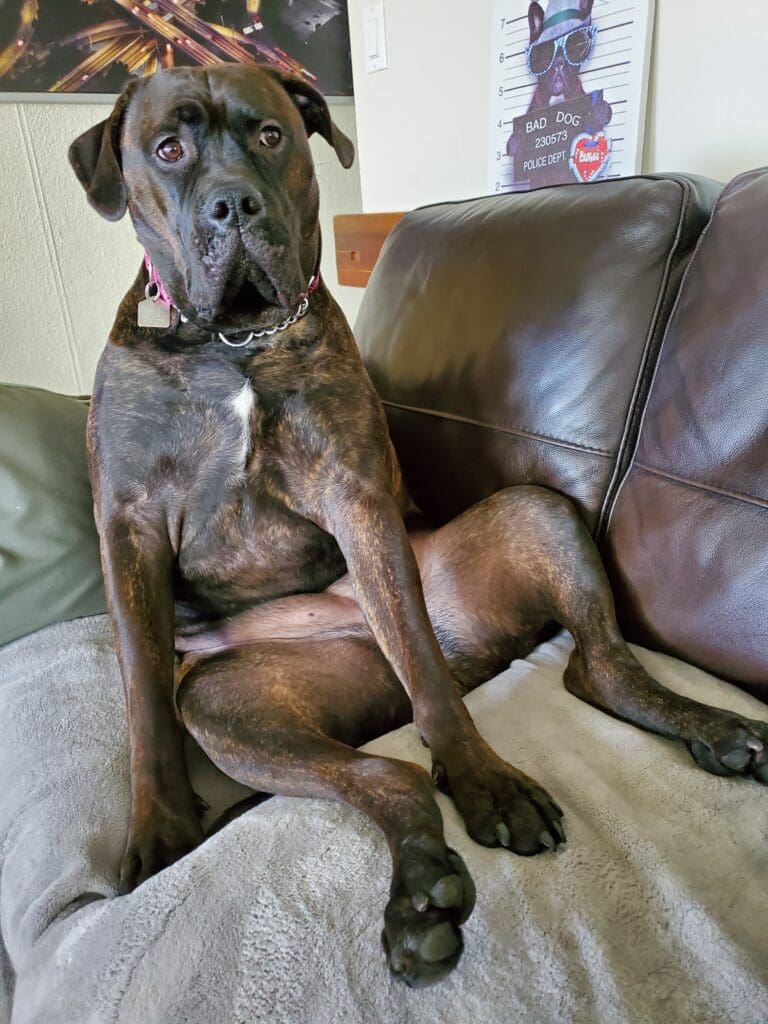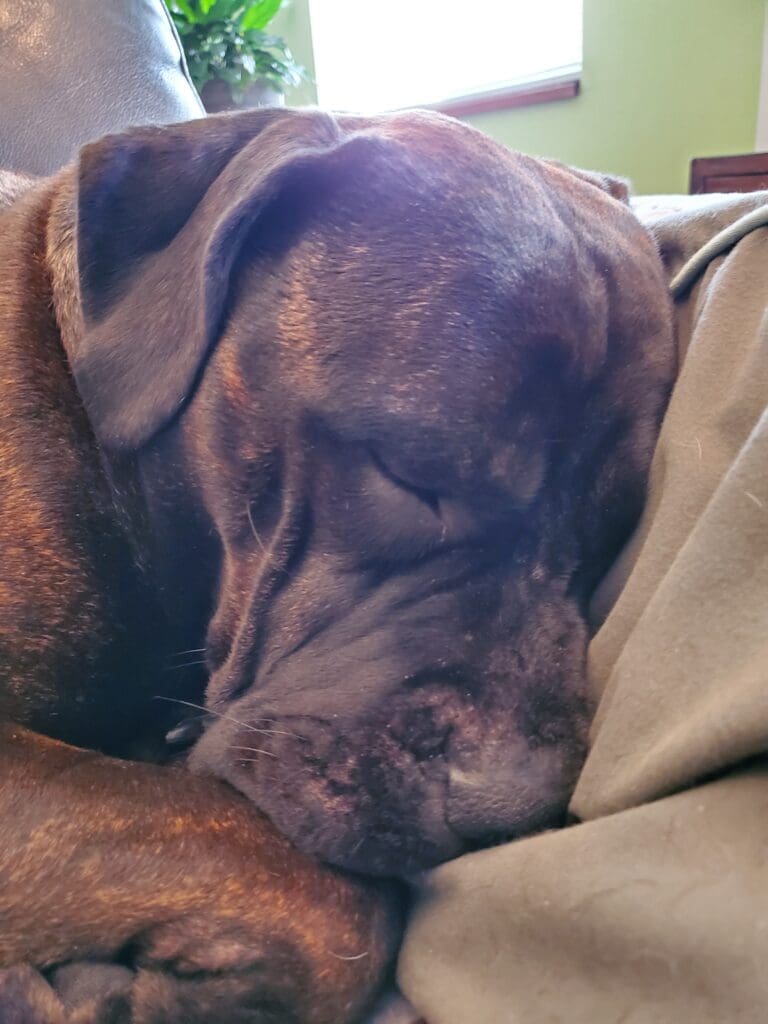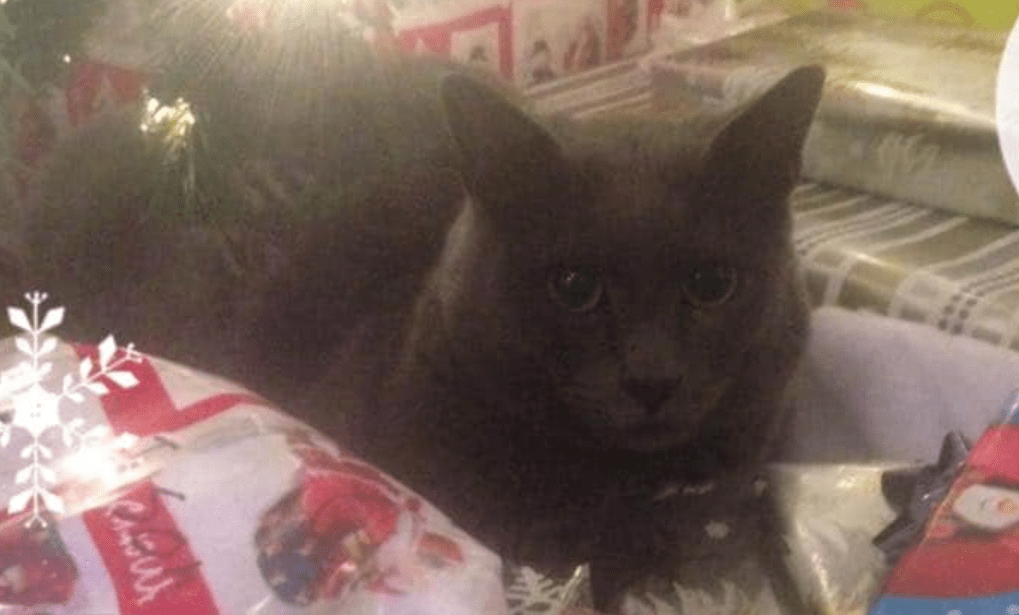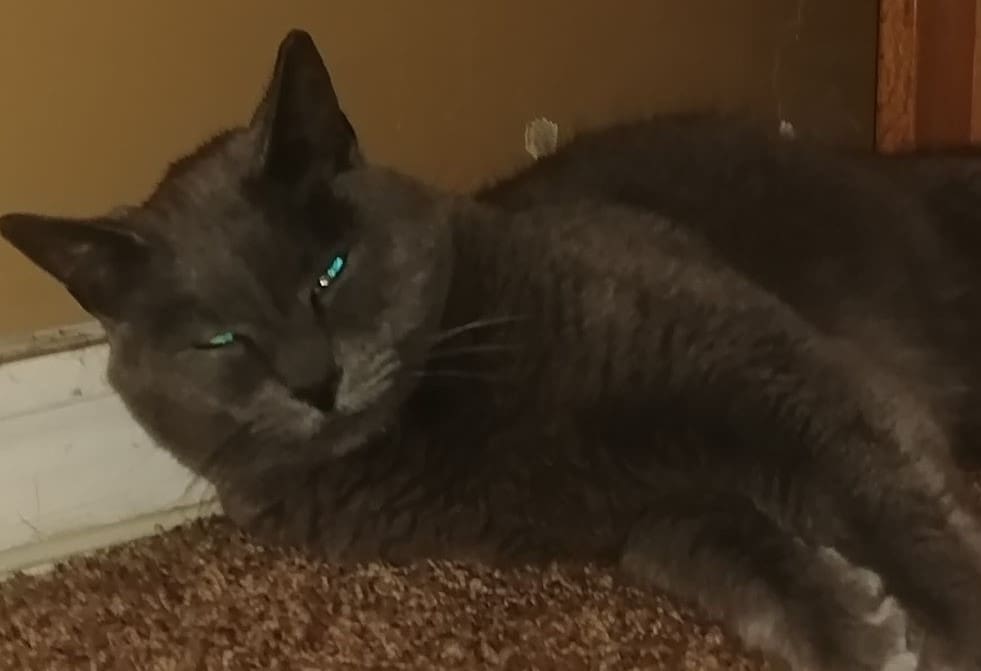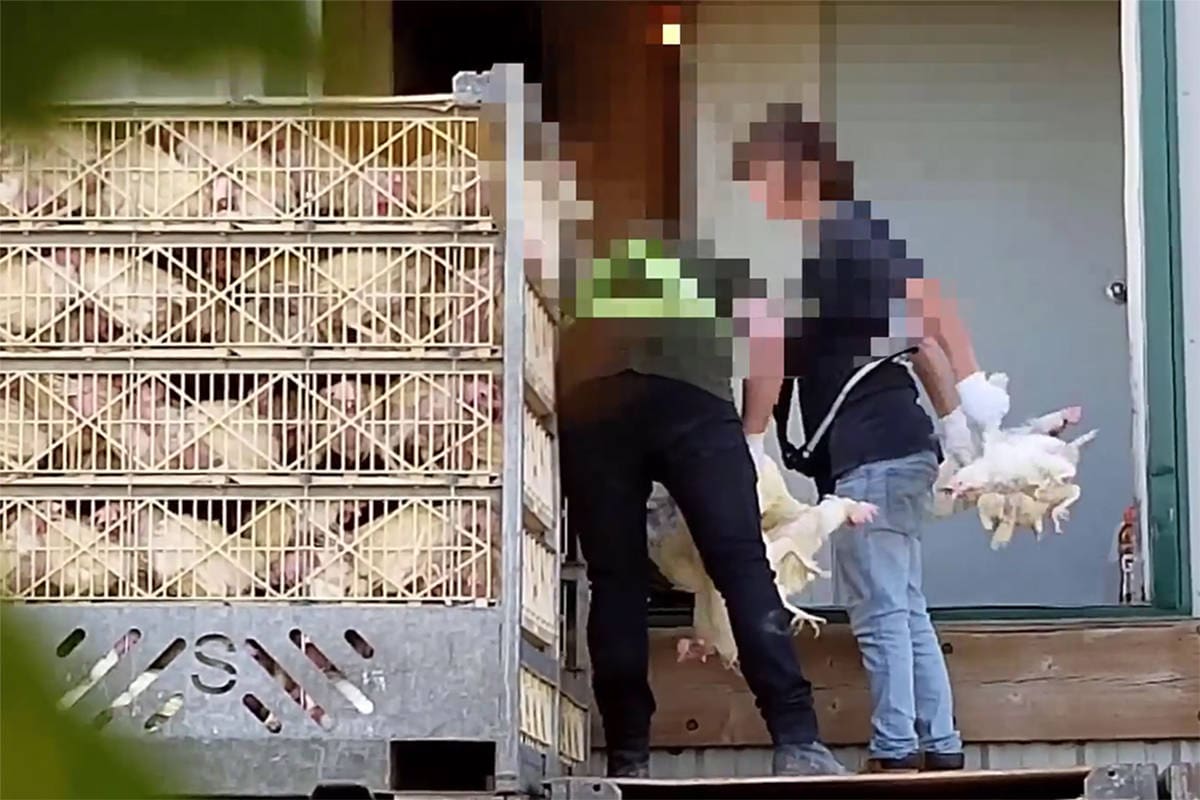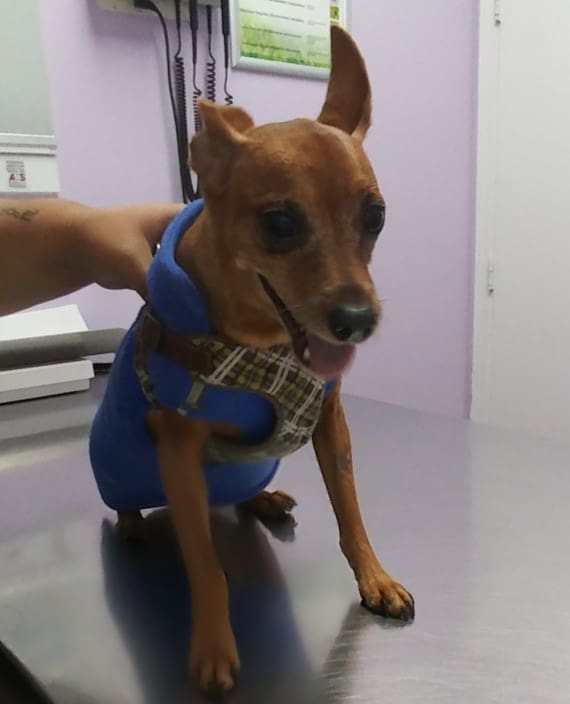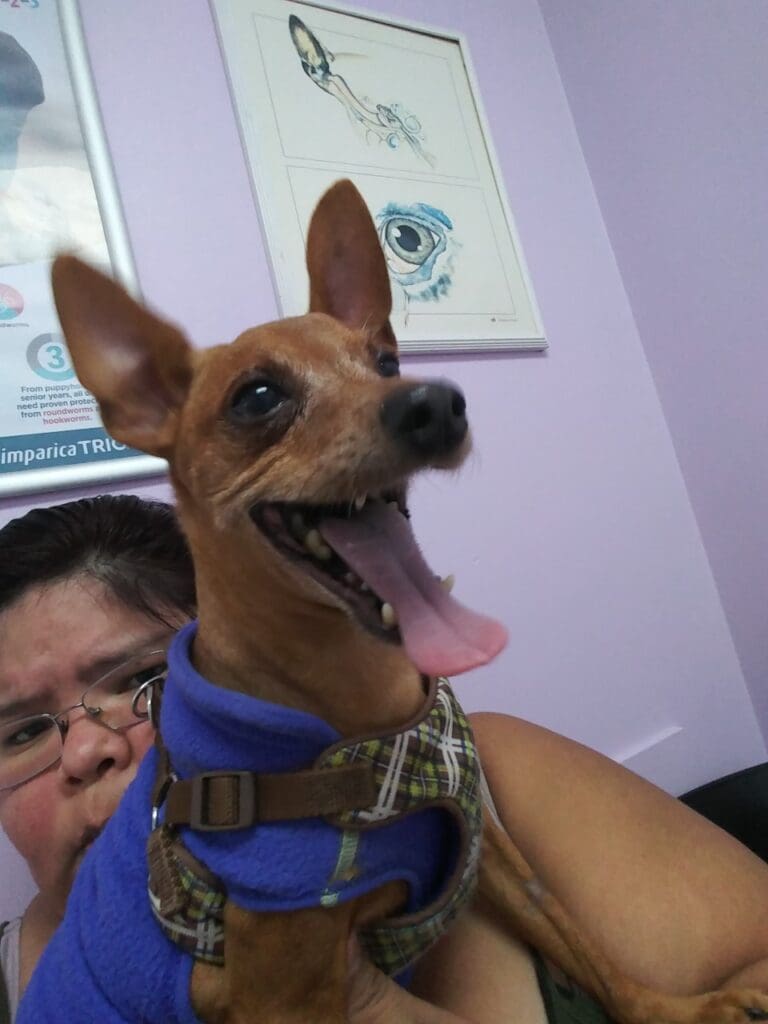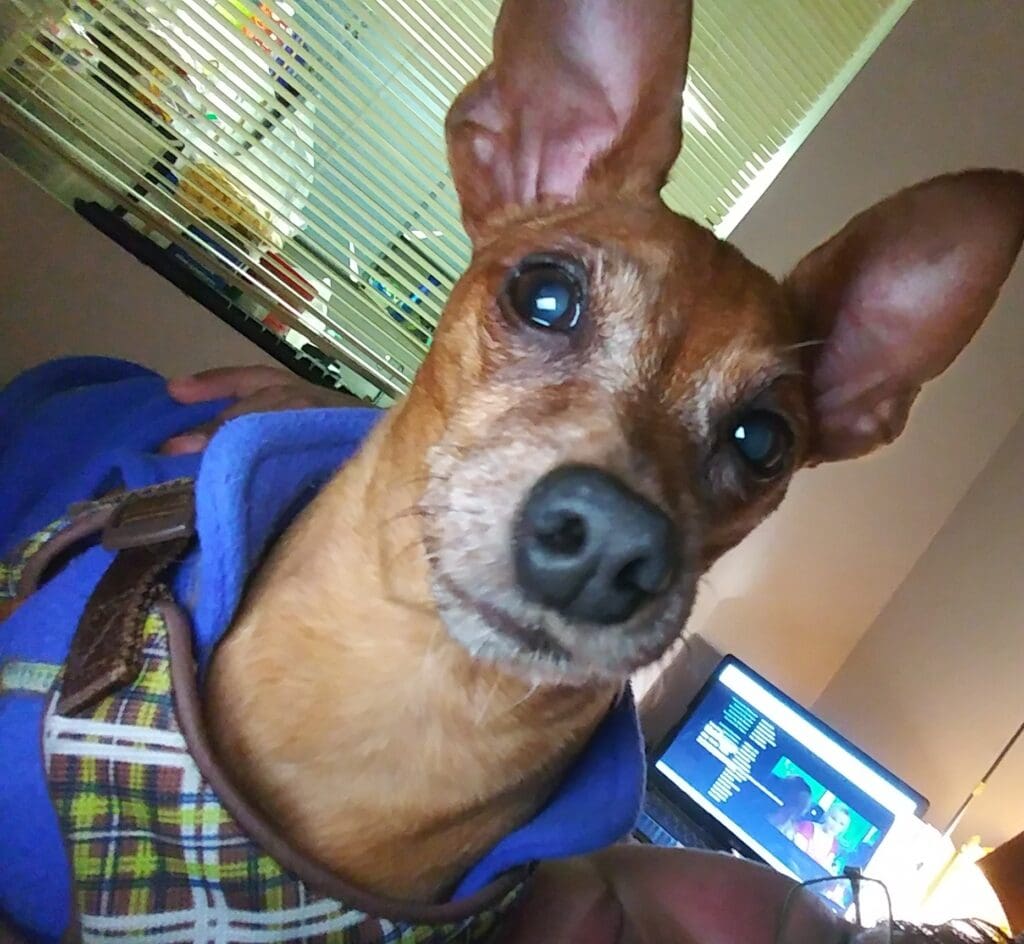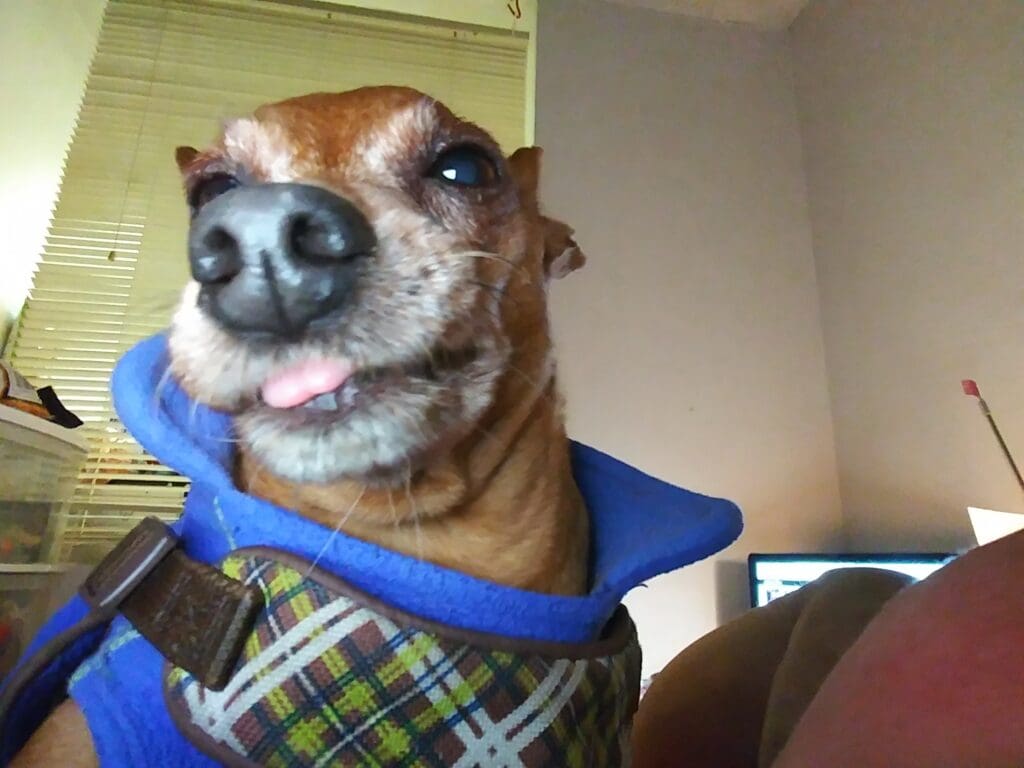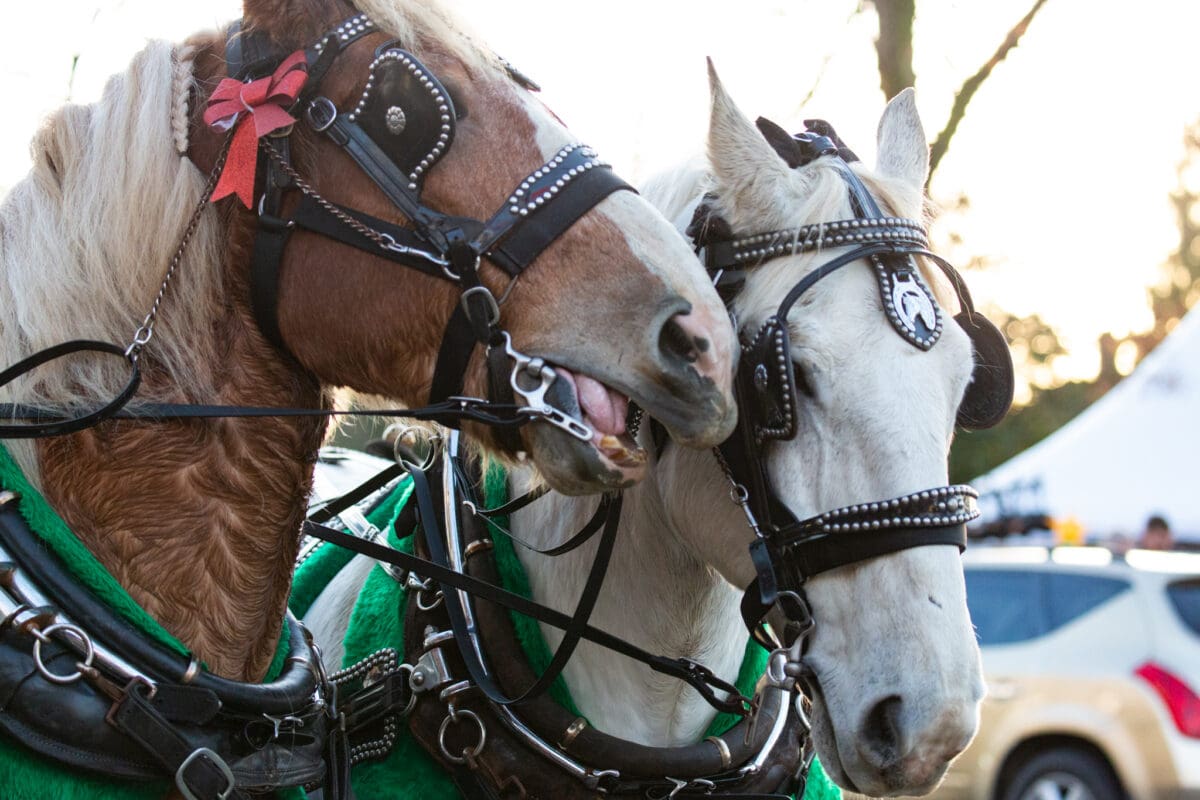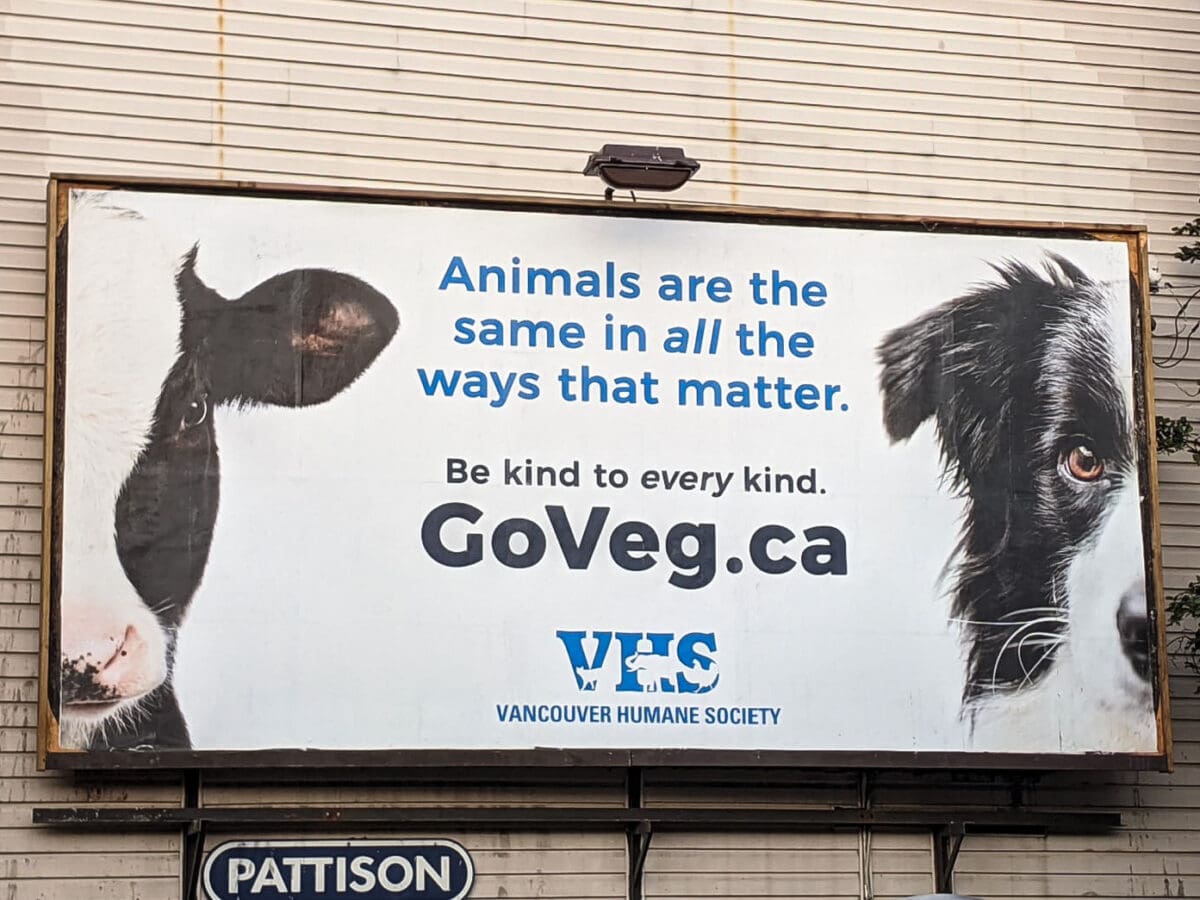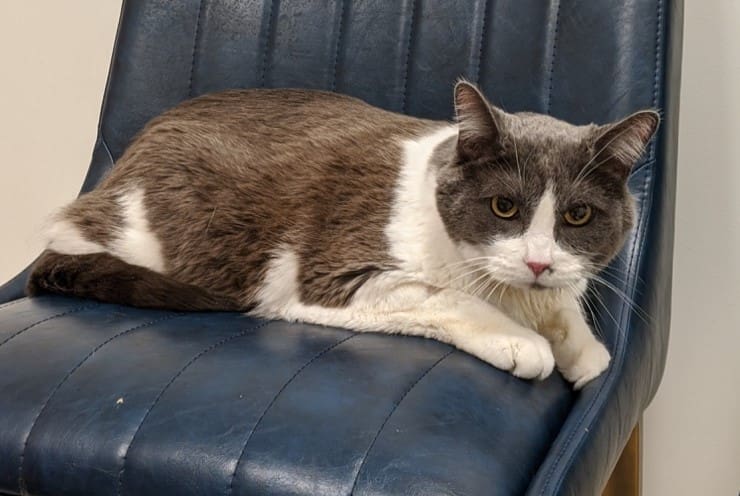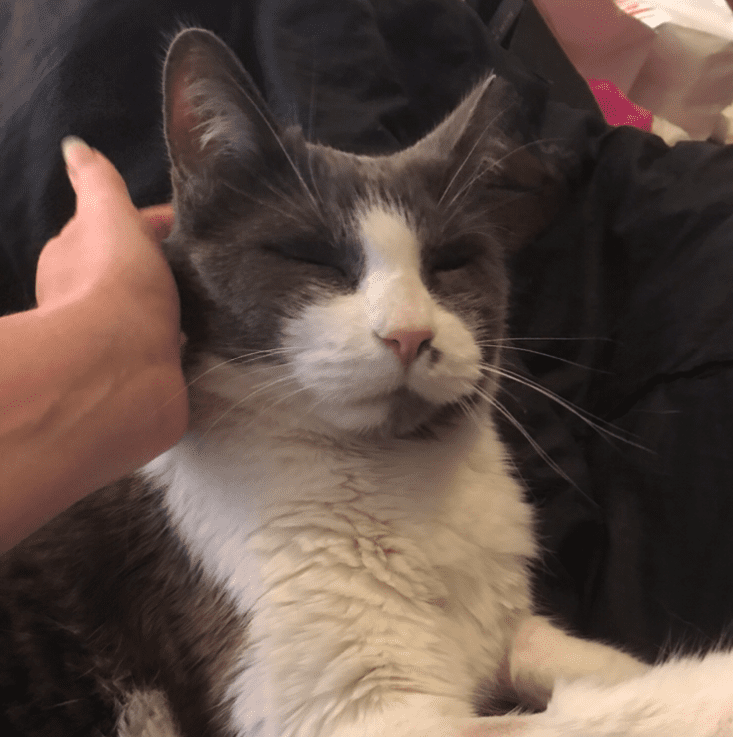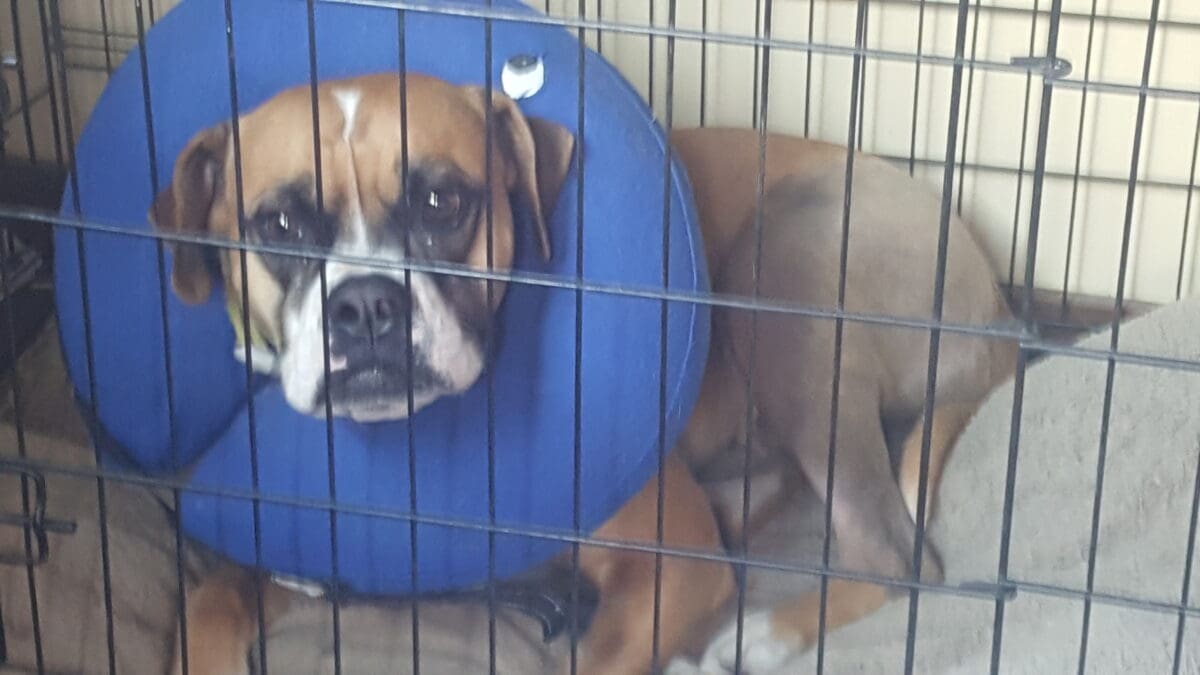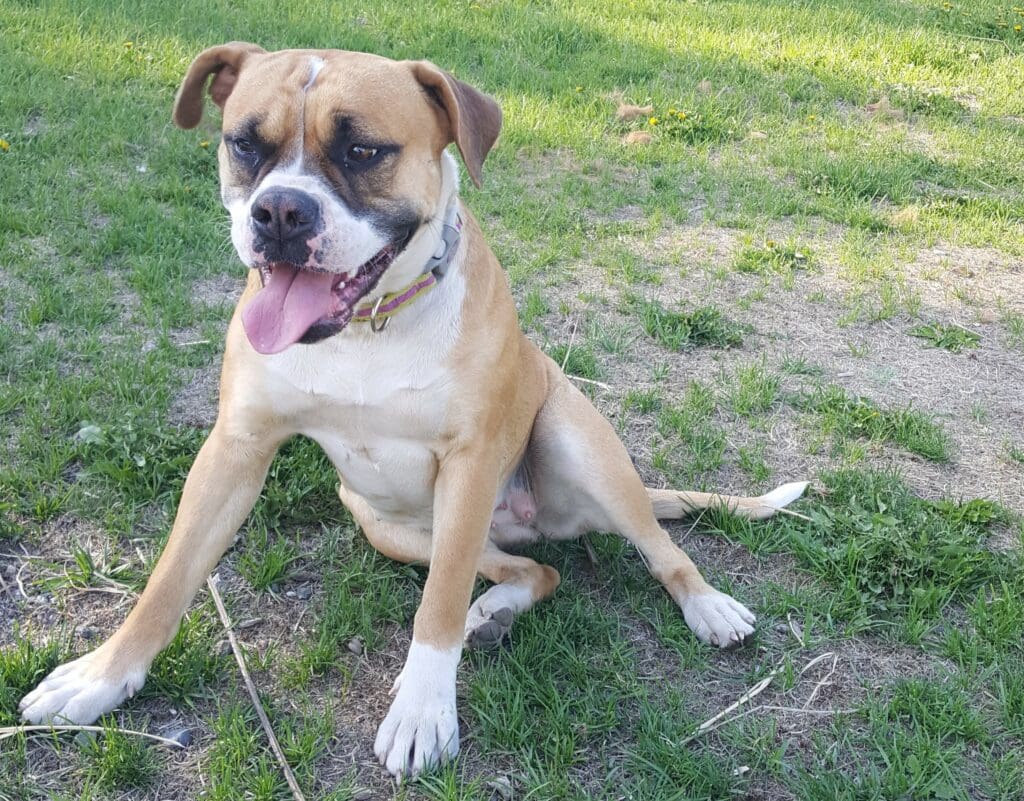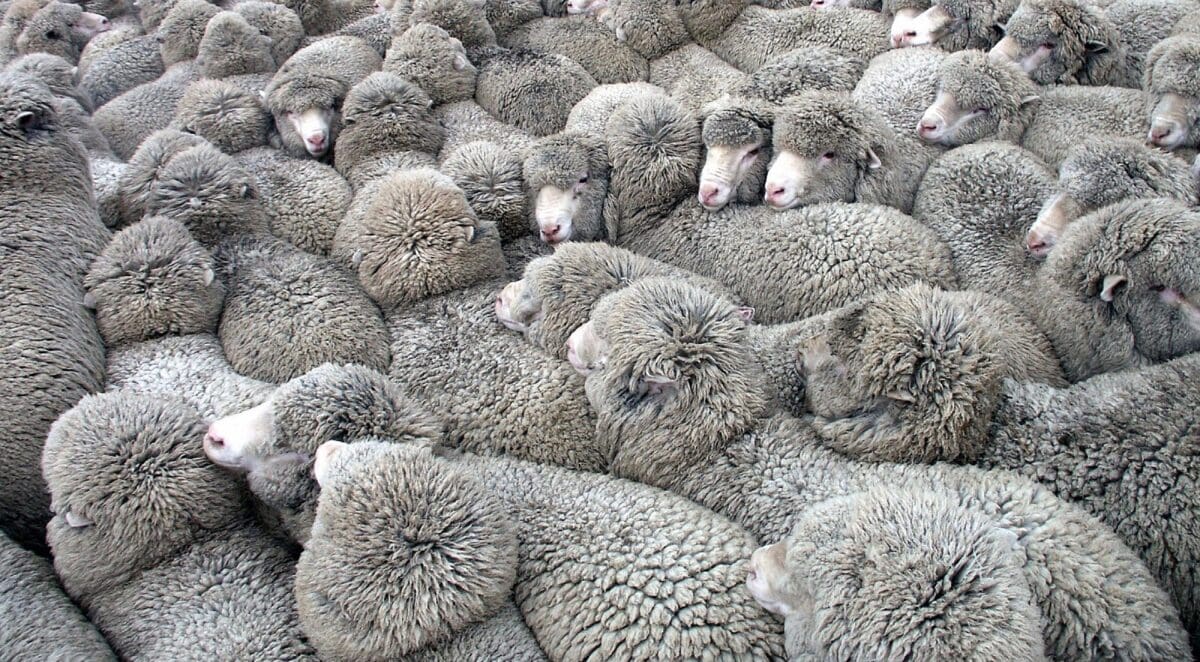You can leave a legacy for the animals
Next month we’ll be teaming up with a will writing service to offer our supporters aged 55 and over a unique opportunity to make a will (if you haven’t already) or revise your current will, for free!
The Vancouver Humane Society is participating in Free Wills Month, a campaign that allows you to provide for your loved ones and make a significant contribution to charity, if you choose to do so. There is absolutely no obligation to include a charity in order to participate, however, it’s our hope that you might use this opportunity to let your love of animals live on by helping us to continue our work.
How it works
The campaign pays for simple wills. If your will is more complex, you can pay the participating lawyer for the extra work.
If you’d like to participate or for more information, you can call 888-337-2884 or go to the free wills website – www.freewillsmonth.ca to register. You can contact one of the law firms listed on the website anytime during October to request an appointment. And although the campaign runs from October 1 to October 31, your will does not need to be completed in that timeframe – as long as you have booked an appointment during the month.
How gifts in Wills make a difference
Without the kind gifts that supporters like you leave us in their will, we simply couldn’t be there for all of the animals who need us. Bequests make up two thirds of our fundraising income, allowing us to continue helping animals long into the future.
By remembering us in your will you ensure the animals are not forgotten.
Thank you for your support.
All of the lawyers taking part in the campaign have arrangements in place to conduct interviews with clients safely while the COVID-19 pandemic continues.
We encourage our supporters to take advantage of this special opportunity in 2020, should you wish to create or update your will. Although VHS has been participating in Free Wills Month for the past few years, as our organization evolves we may discontinue this campaign in the future.
For any further questions please email our Development Director Claire Yarnold at: claire@vancouverhumanesociety.bc.ca or call 604-266-9744.

